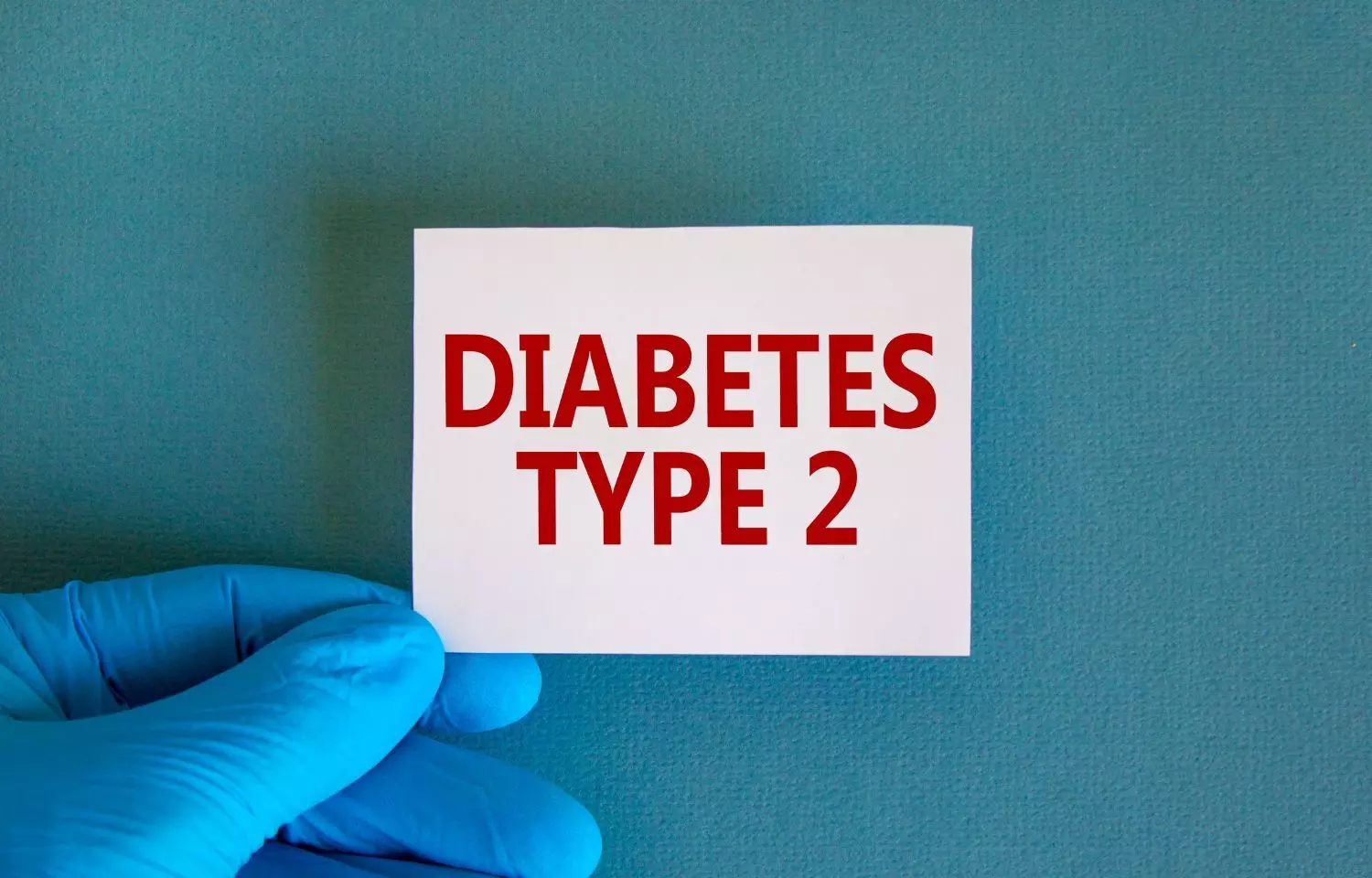- Home
- Medical news & Guidelines
- Anesthesiology
- Cardiology and CTVS
- Critical Care
- Dentistry
- Dermatology
- Diabetes and Endocrinology
- ENT
- Gastroenterology
- Medicine
- Nephrology
- Neurology
- Obstretics-Gynaecology
- Oncology
- Ophthalmology
- Orthopaedics
- Pediatrics-Neonatology
- Psychiatry
- Pulmonology
- Radiology
- Surgery
- Urology
- Laboratory Medicine
- Diet
- Nursing
- Paramedical
- Physiotherapy
- Health news
- Fact Check
- Bone Health Fact Check
- Brain Health Fact Check
- Cancer Related Fact Check
- Child Care Fact Check
- Dental and oral health fact check
- Diabetes and metabolic health fact check
- Diet and Nutrition Fact Check
- Eye and ENT Care Fact Check
- Fitness fact check
- Gut health fact check
- Heart health fact check
- Kidney health fact check
- Medical education fact check
- Men's health fact check
- Respiratory fact check
- Skin and hair care fact check
- Vaccine and Immunization fact check
- Women's health fact check
- AYUSH
- State News
- Andaman and Nicobar Islands
- Andhra Pradesh
- Arunachal Pradesh
- Assam
- Bihar
- Chandigarh
- Chattisgarh
- Dadra and Nagar Haveli
- Daman and Diu
- Delhi
- Goa
- Gujarat
- Haryana
- Himachal Pradesh
- Jammu & Kashmir
- Jharkhand
- Karnataka
- Kerala
- Ladakh
- Lakshadweep
- Madhya Pradesh
- Maharashtra
- Manipur
- Meghalaya
- Mizoram
- Nagaland
- Odisha
- Puducherry
- Punjab
- Rajasthan
- Sikkim
- Tamil Nadu
- Telangana
- Tripura
- Uttar Pradesh
- Uttrakhand
- West Bengal
- Medical Education
- Industry
Frailty Index ranks over SOFA in predicting 3-month mortality in Sepsis

New research published in the Journal of the Association of Physicians of India found that the frailty index was superior to sequential organ failure assessment (SOFA) and the other prognostic markers of sepsis in predicting the 3-month mortality rate. Frailty index showed greater sensitivity and negative predictive value while SOFA had higher specificity in predicting in-hospital mortality.
Traditional prognostic markers and scores in critical illness rely excessively on derangements in acute physiologic state at or within 24 hours of admission. But they do not include sociodemographic characteristics. As elders have unique physiology and have a widely varying response to sepsis, researchers from All India Institute of Medical Sciences, India conducted a study to assess the potential of frailty index as a prognostic marker of sepsis in the elderly in comparison with traditional markers such as SOFA, systemic inflammatory response syndrome (SIRS), and quick sequential organ failure assessment (qSOFA).
A prospective cohort study was conducted in a tertiary level hospital in North India from January 2020 to July 2021. Within 24 hours of admission in elderly patients suspected to have sepsis, the frailty index was calculated along with traditional markers. The area under the receiver operating characteristic (AUROC) of frailty index, SOFA, qSOFA, and SIRS was compared for in-hospital and 3-month mortality.
Key findings of the study:
- Sixty patients were sequentially enrolled and followed, of which 10 were excluded.
- The mean age of the study population was 68.98 ± 7.18 years.
- There was no significant difference between the performance of the frailty index and SOFA in predicting in-hospital mortality.
- There was a statistical difference between the AUROC of SOFA score and frailty in predicting 3-month mortality.
- The frailty index had greater sensitivity and negative predictive value among the other scores in predicting in-hospital mortality.
- SOFA had higher specificity in predicting in-hospital mortality.
- The frailty index was superior to SOFA and the other prognostic markers of sepsis in predicting 3-month mortality.
Thus, the researchers concluded that frailty was a good predictor of both in-hospital and 3-month mortality rates and has all the attributes of an excellent triaging tool.
To read more, click here: 10.5005/japi-11001-0094
Murlidharan A, Dhar M, Pathania M, et al. Predictive Value of Frailty Index in Comparison to Traditional Markers of Sepsis in Predicting Mortality among Elderly Admitted in Tertiary Care Hospital. J Assoc Physicians India 2022;70(9):32–36.
BDS, MDS
Dr.Niharika Harsha B (BDS,MDS) completed her BDS from Govt Dental College, Hyderabad and MDS from Dr.NTR University of health sciences(Now Kaloji Rao University). She has 4 years of private dental practice and worked for 2 years as Consultant Oral Radiologist at a Dental Imaging Centre in Hyderabad. She worked as Research Assistant and scientific writer in the development of Oral Anti cancer screening device with her seniors. She has a deep intriguing wish in writing highly engaging, captivating and informative medical content for a wider audience. She can be contacted at editorial@medicaldialogues.in.
Dr Kamal Kant Kohli-MBBS, DTCD- a chest specialist with more than 30 years of practice and a flair for writing clinical articles, Dr Kamal Kant Kohli joined Medical Dialogues as a Chief Editor of Medical News. Besides writing articles, as an editor, he proofreads and verifies all the medical content published on Medical Dialogues including those coming from journals, studies,medical conferences,guidelines etc. Email: drkohli@medicaldialogues.in. Contact no. 011-43720751




